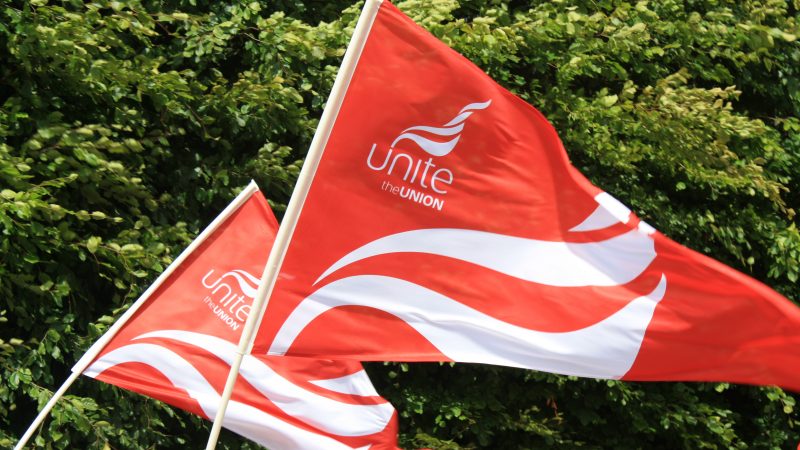Smarter sanctions must end the state sponsorship that allows settlements to grow and the political influence of religious zealots to flourish
Which country today brushes aside credible accusations of war crimes in a military campaign where its actions are under investigation for genocide? Which nation’s political leadership endorses the illegal, violent expropriation of land and reduces its most steadfast friend – whose protection is vital to its survival – to threaten to withdraw support? Unfortunately, the answer is Israel, which has turned its unchecked anger on the Palestinians after Hamas massacred 1,200 of its citizens and took 253 others hostage. Revenge has led to an intensifying conflict with devastating consequences.
While the recent violence is unprecedented in its ferocity, Israel has had a history of rogue conduct. But a deeper crisis for the country lies beneath the defiance with which far-right Israeli cabinet members respond to Joe Biden’s warning that the US would withhold arms should Israel invade Gaza’s southernmost city, Rafah. There appear to be no limits to how far extremists in Israel will go in disregarding world opinion.
The international community is not prepared to stand by and watch Israel continue to act with impunity. An escalating sanctions regime is being pursued to convince it to change course. Countries are cutting diplomatic ties, halting arms sales and backing Palestinian statehood. Turkey’s decision to suspend trade with Israel will hurt. Belgium is calling for EU sanctions on imports from Israeli-occupied territories. One Haaretz headline suggests a weary indifference: “Israel is already becoming an international pariah. Do Israelis care?”
International diplomacy favours an Israel-Hamas ceasefire and the release of Israeli hostages, alongside a long-term peace plan to dismantle illegal settlements and an eventual return to Israel’s 1967 borders, within which Jewish Israelis constitute a clear democratic majority. Israel’s prime minister, Benjamin Netanyahu, is contemptuous of such ideas. His voters are not far behind, shaped by the steady accretion of settlements and land seizures. It has become a mainstream view in Israel that the country has no choice – for security reasons – but to keep control of the occupied territories and flout UN resolutions demanding it withdraw.
It is clear today that the consequence of military action and settlement building for a majority of Palestinians is either the threat of imminent death, forcible expulsion or else the loss of land and livelihood, with little option but to go into exile.
The US, along with the EU and UK, has imposed sanctions on Israeli settlers in the West Bank who have been accused of attacking Palestinians. Also targeted have been the non-profits that fund settler campaigns. The expansion of illegal outposts in the West Bank, the political base of Israel’s far right, is backed by the area’s local authorities. These state bodies have escaped sanctions. But that is what needs to be considered next. Ending the state sponsorship that allows settlements to thrive and grow means penalising banks that support illegal activities, companies that build on expropriated land and the World Zionist Organization, an Israeli NGO vested with government powers to grab land.
Mr Netanyahu is running down the clock. He seeks a propitious moment to campaign for re-election as Hamas’s destroyer. He bets on Donald Trump, who considers settlements legitimate, returning to power. Israel’s occupation is at the root of its government’s extremism. A smart sanctions regime is needed because an illegal, violent enterprise represents untold dangers for Israel’s peace and security as well as for the rules-based international order.




